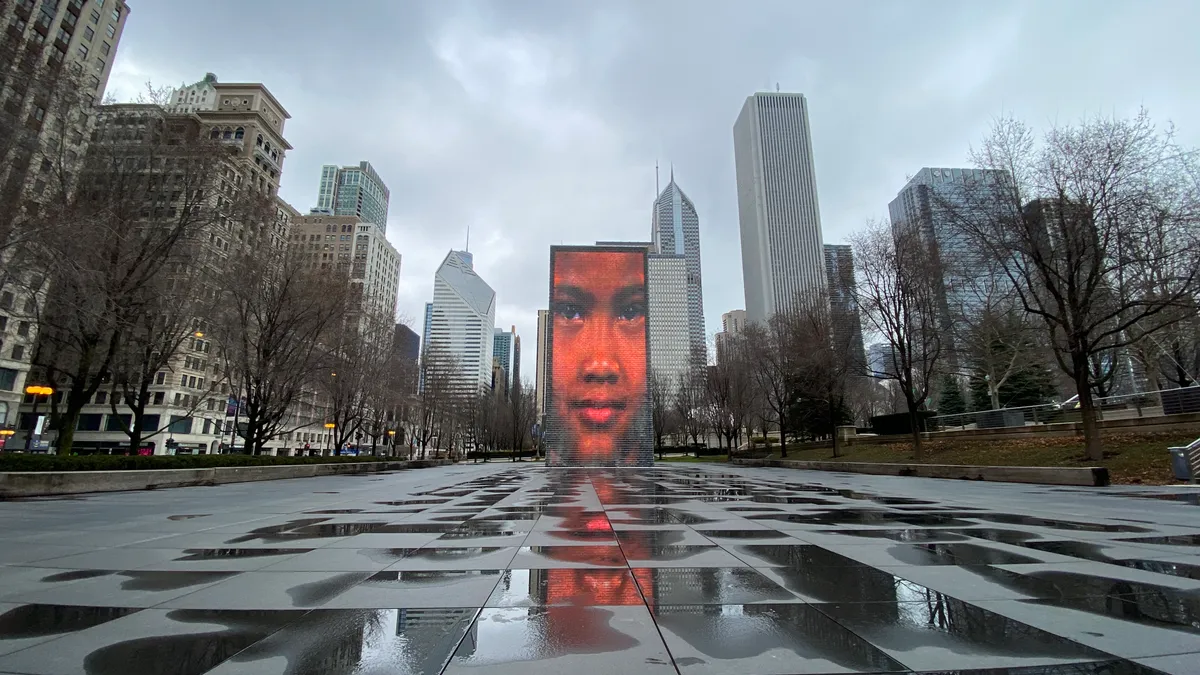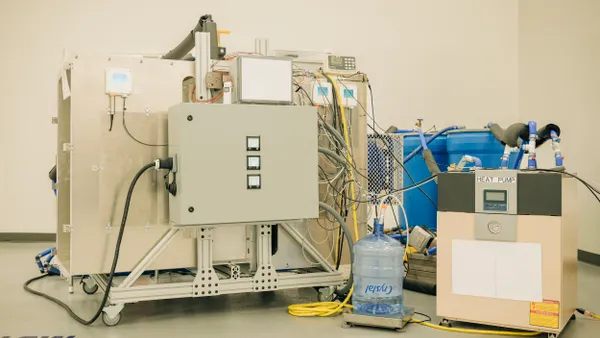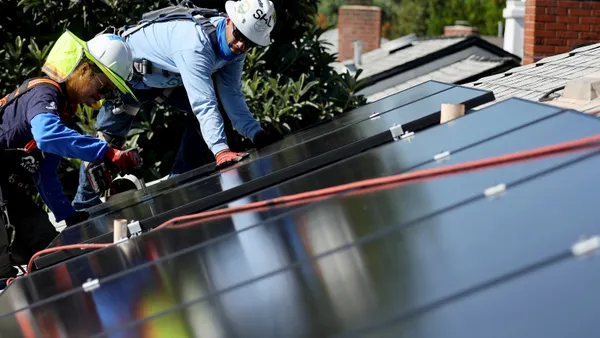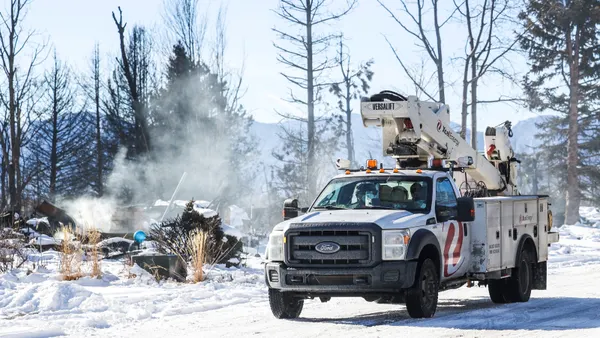Dive Brief:
-
Chicago residents stayed home nearly 80% of the time last week, according to a new data analysis of cellphone and mobile device movement, collected by health data company BlueDot.
-
In February and early March, data from BlueDot revealed that Chicago residents were only home an average of 59%-64% of the time.
-
Mayor Lori Lightfoot said this data shows that Chicago is flattening its curve of COVID-19 cases. The rate of cases now doubles every 12 days, compared to last month’s rate of doubling every 2-3 days.
Dive Insight:
The city’s public health department is working with BlueDot to gather the anonymous location information from thousands of apps being used on local cell phones, according to ABC7Chicago.com. The city could also use the data to keep track of the effect of recovery efforts as those changes occur in real-time.
"Thanks to our citywide efforts to stay home and socially isolate, we have made important progress in flattening the curve and stemming the spread of COVID-19 in Chicago," Mayor Lightfoot said at a press conference this week. "However, as encouraging as these numbers are, the light at the end of the tunnel is only a pinprick and we will need continued diligence and social compliance before we can bend the curve and outrun this crisis."
The data provider, BlueDot, is also partnering with the Canadian government and the State of California.
"[BlueDot uses] AI and big data to analyze travel patterns within and outside of the state, flights that come in, [and] where people go after they come into the state so that we can quite literally model spread," California Gov. Gavin Newsom said during a March press conference.
We're excited to partner with the State of California to help them in their COVID-19 response. Earlier today, Governor Gavin Newsom discussed some of the cutting-edge work BlueDot is doing to help support Californians pic.twitter.com/kBMrrH86e6
— BlueDot (@hellobluedot) March 15, 2020
The use of the cellphone data from BlueDot could raise privacy concerns, though the company and city officials assure that the data is anonymous.
"The coronavirus pandemic should not be an excuse for applying technologies that infringe on our personal privacy," an ACLU of Illinois spokesperson told Smart Cities Dive via email. "The data is anonymous and comes from users who have authorized sharing their location in apps like those for maps, social media or search engines."
Other technology companies have also tapped their data to help governments inform policy and other measures for mitigating the coronavirus. Uncast, for example, created a "Social Distancing Scorecard" using GPS location data to grade how well certain parts of the country are adhering to stay at home orders. And Apple made its user location data available for public health officials to understand how people are traveling throughout their communities.
UPDATE: This story has been updated to include a statement from the ACLU.
To keep up with all of our coverage on how the new coronavirus is impacting U.S. cities, visit our daily tracker.











